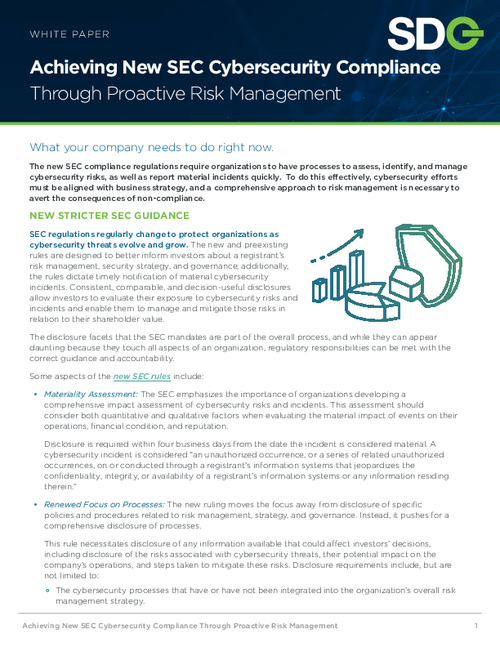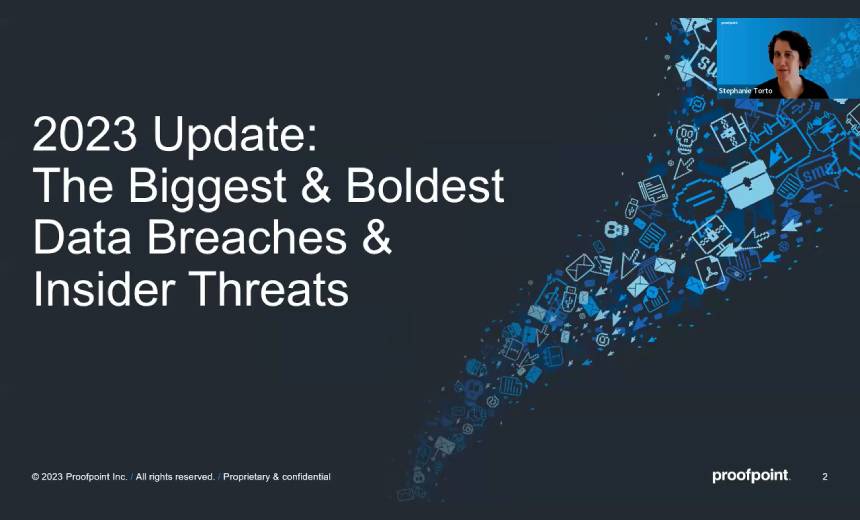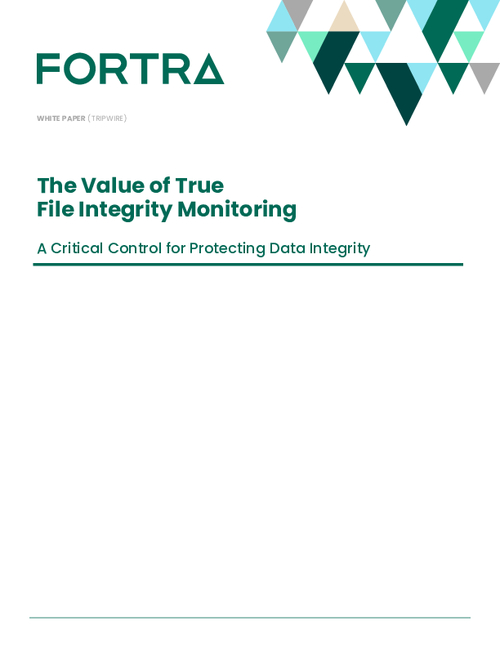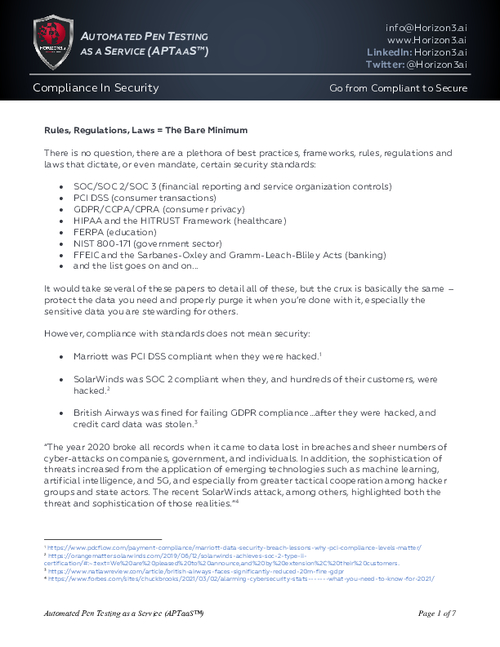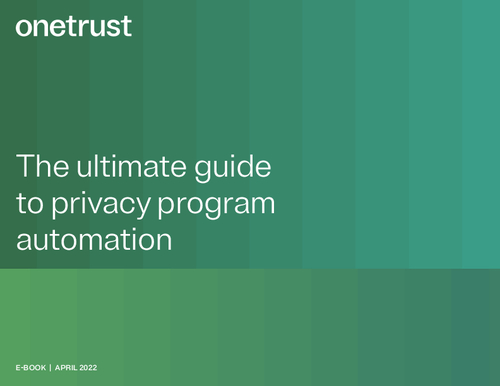Trust in Government Leads to Attacks
Report: Users Let Down Guard When Visiting Gov Sites Internet users seem to let down their guard when visiting government websites.So concludes a just-issued whitepaper -- "Symantec Global Internet Security Threat Report: Trends for 2008" -- that cites several cases where users last year picked up viruses from government websites.
In one, Symantec cites the compromise of the website of the Dutch embassy in Russia where site visitors were misled into installing malicious code. Another case involved thousands of compromised websites operated by the British government that exposed visitors to the Asprox Trojan virus. "The success of these attacks on government sites can be attributed, in part, to the inherent trust that visitors to such sites will have, making these visitors more liable to accept prompts to download files if requested," the whitepaper says.
Symantec reached its findings by analyzing its extensive database of global Internet threat activities. According to that analysis, the government sector worldwide ranked second and accounted for 20 percent of data breaches that could lead to identity theft, down from 23 percent in 2007, when it also was ranked No. 2. Symantec credits the decrease in data breaches to efforts by the United States government to grade agencies on how well they comply with IT security rules. "This trend is reinforced by the annual Federal Computer Security report card, where the number of government agencies with a failing grade decreased by almost half," the Symantec report said.
Symantec also ranked government third, or 17 percent of the total, for identities exposed during 2008. The biggest identity theft linked to a breach of government systems last year, according to Symantec: a hacker obtained the confidential information on 6 million Chileans from government databases. The hacker publicly posted the information afterward.
Governments are favorite targets of identity thieves because of the large amounts of information stored on their computers, the whitepaper pointed out. In addition, governments consist of numerous autonomous departments that store sensitive personal information in separate locations and are accessible to numerous people.

